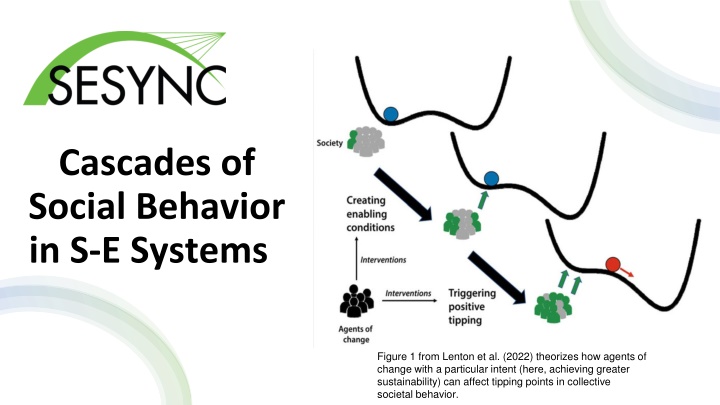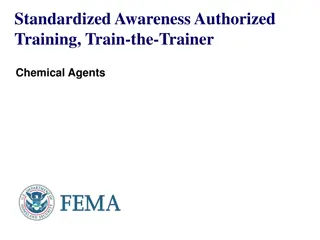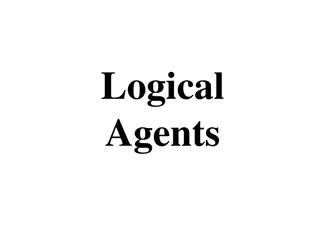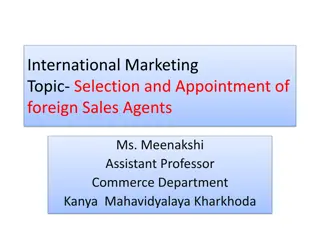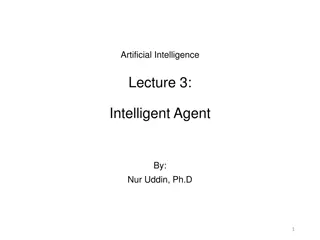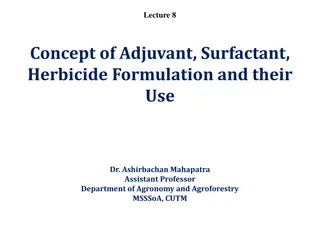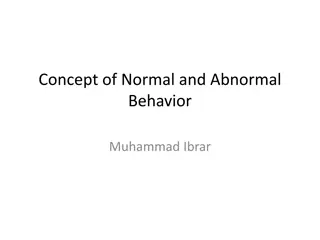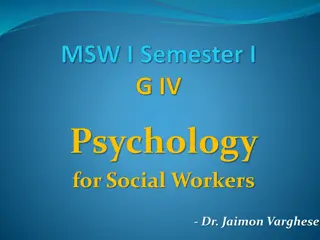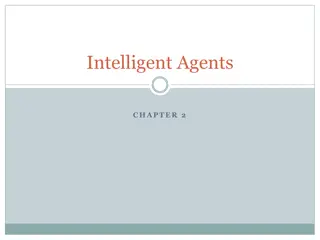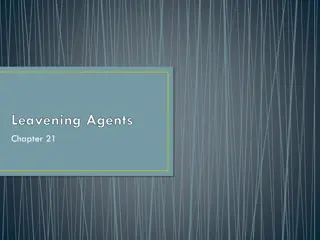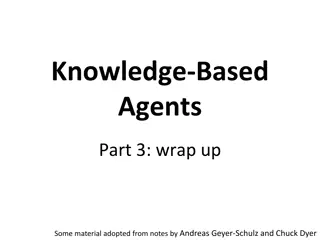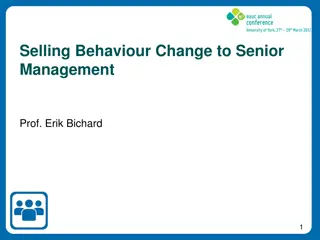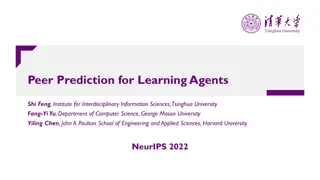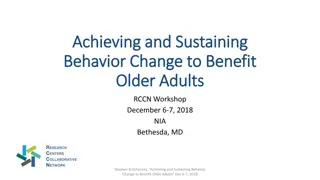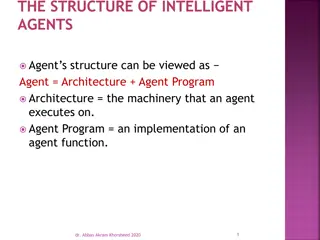Agents of Change in Societal Behavior
Lenton et al. theorize how agents of change aiming for sustainability can impact tipping points in collective behavior. Addressing wicked problems like climate change involves enabling a critical mass of trendsetters and identifying reinforcing mechanisms for behavior change through various strategies. Behavioral economics can play a crucial role in crafting effective approaches by integrating human thought processes and leveraging biases to promote pro-environmental choices.
Download Presentation

Please find below an Image/Link to download the presentation.
The content on the website is provided AS IS for your information and personal use only. It may not be sold, licensed, or shared on other websites without obtaining consent from the author.If you encounter any issues during the download, it is possible that the publisher has removed the file from their server.
You are allowed to download the files provided on this website for personal or commercial use, subject to the condition that they are used lawfully. All files are the property of their respective owners.
The content on the website is provided AS IS for your information and personal use only. It may not be sold, licensed, or shared on other websites without obtaining consent from the author.
E N D
Presentation Transcript
Cascades of Social Behavior in S-E Systems Figure 1 from Lenton et al. (2022) theorizes how agents of change with a particular intent (here, achieving greater sustainability) can affect tipping points in collective societal behavior.
Overview of Behavioral Cascades from Lenton et al. (2022); https://doi.org/10.1017/sus.2021.30 How do we approach a wicked problem like climate change without feeling paralyzed by its inherent socio-environmental complexity? Enable a critical mass of trendsetters, which may be a small minority (~2%) of the population. Reduce the complexity of the big problem into clear arenas in which the critical mass may take action: Transportation Food production and consumption Electricity generation. Note: Reducing complexity should not result in silos or artificial divisions among issues when there may be inter- sector synergies, such as the food-energy-water nexus, that work to resolve multiple problems at once. The familiar frustration of being stuck in a traffic jam may be a useful socio-psychological starting point for implementing public transportation and microtransportation systems. Photo is public domain via Wikimedia Commons. 1
Enabling Conditions from Lenton et al. (2022); https://doi.org/10.1017/sus.2021.30 Identify enabling conditions that allow the critical mass to work effectively among peers: o Target small populations o Alter social network structure o Provide relevant information o Reduce price o Improve quality or performance o Increase desirability o Increase accessibility o Coordinate complementary technologies Graphic is public domain via Wikimedia Commons. 2
Reinforcing Mechanisms from Lenton et al. (2022); https://doi.org/10.1017/sus.2021.30 Identify reinforcing mechanisms that help to fund, popularize, and sustain behavior change: o Innovations in social, technological, and ecological systems o Policy changes o Private and public investment o Better communication with the public o Behavioral nudges, incentives, and carrots for positive reinforcement Graphic by Adobe Stock 3
How to Start a Revolution from Wilson et al. (2016), DOI: 10.1111/cobi.12632 Behavioral economics can help changemakers craft the most effective approaches by integrating human thought processes: Recognize bias and myopia in our perceptions of the right behavior Use emotion and social feedback to encourage pro-environmental choices Communicate long-term effects to overcome the short-term thought bias Appeal to self-interest in economics, social acceptance, benefits to kin and society, and personal legacy in the long term. Students in Melbourne, Australia protest climate inaction with a school strike. Unaltered photo by Takver via Wikimedia 2.0. 4
